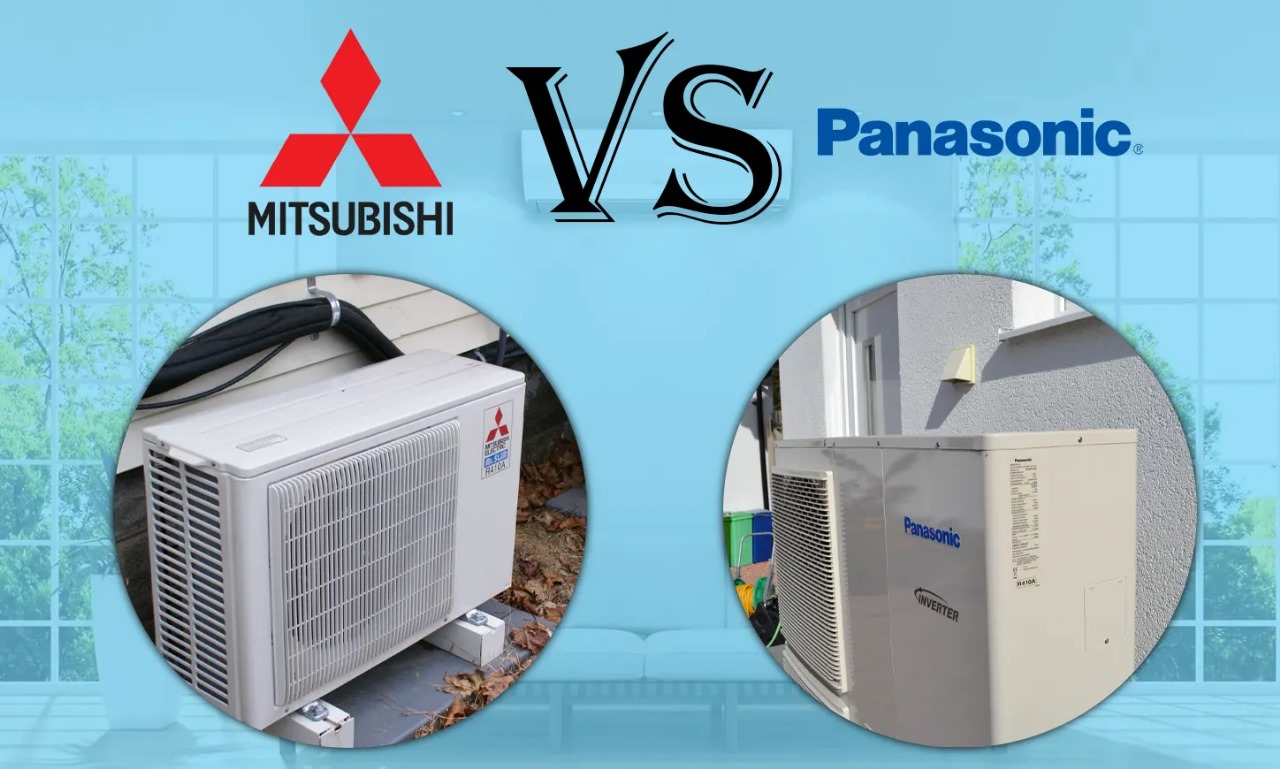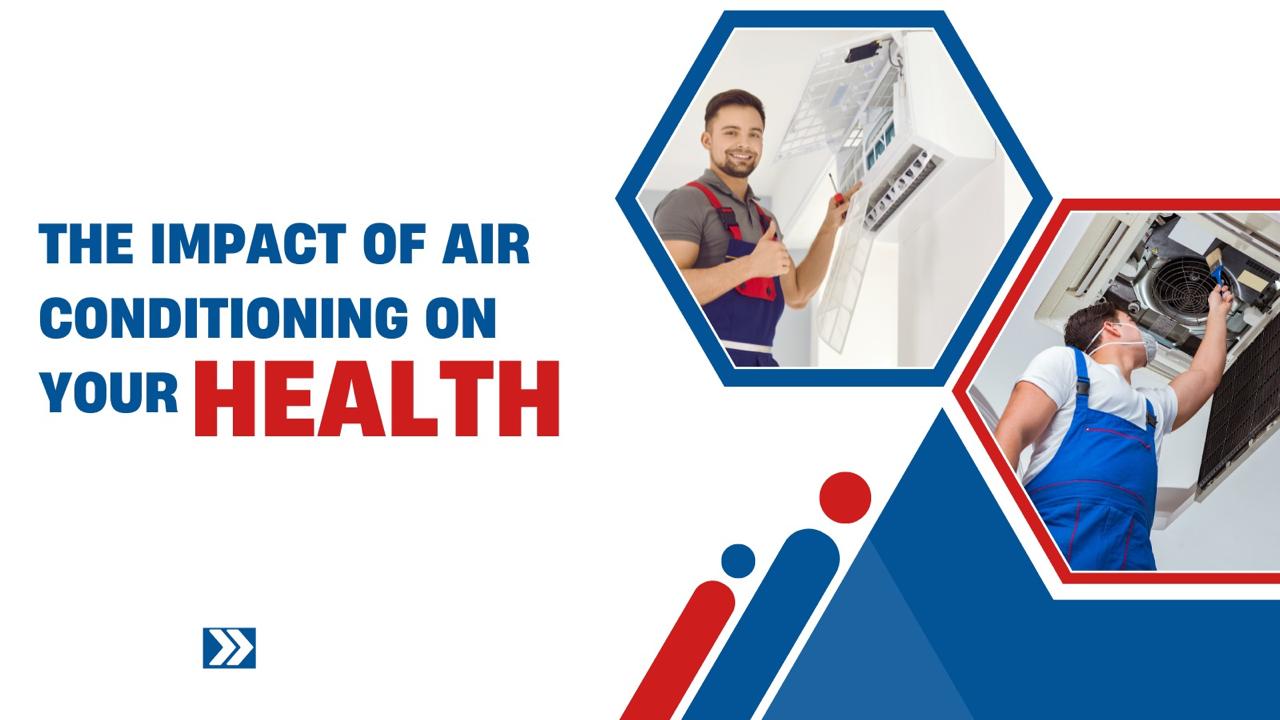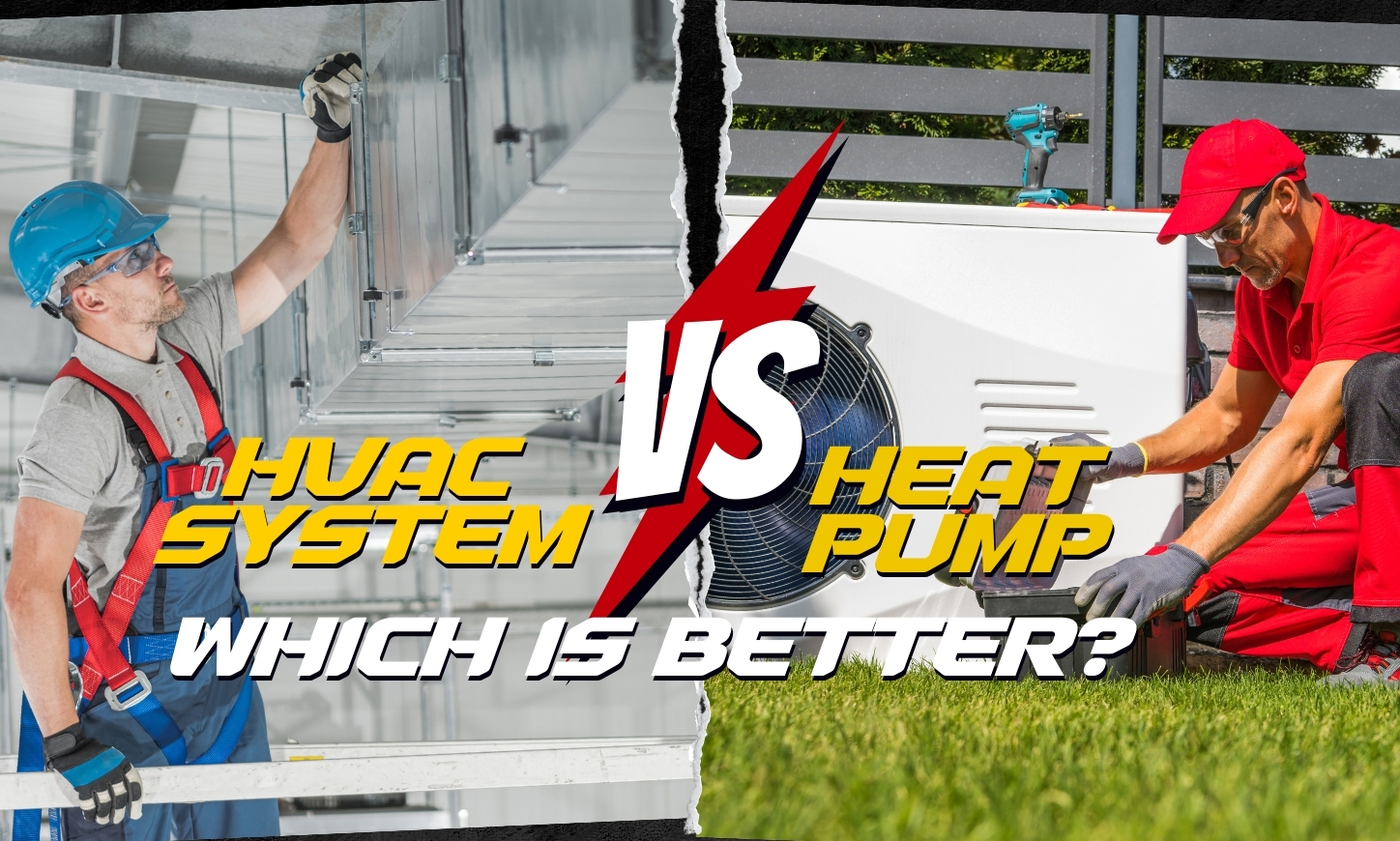Mitsubishi and Panasonic Heat Pumps are two leading brands in the market. Heat pumps are an essential part of many homes, providing efficient heating and cooling solutions. When it comes to choosing a heat pump, Mitsubishi and Panasonic are two top contenders.
Both brands offer a range of models with advanced features, but which one is right for you? In this blog post, we will compare Mitsubishi and Panasonic heat pumps, highlighting their pros and cons to help you make an informed decision.
Choosing the Right Heat Pump
Deciding between Mitsubishi and Panasonic heat pumps depends on your specific needs and budget. If you prioritize advanced technology, quiet operation, and superior performance in extreme conditions, Mitsubishi may be the better choice. If affordability, eco-friendly features, and ease of use are more important, Panasonic could be the right fit.
Mitsubishi Heat Pumps
Mitsubishi is a well-known brand with a reputation for reliability and innovation. Mitsubishi heat pumps are popular for their energy efficiency and advanced technology.
Pros of Mitsubishi Heat Pumps
- Energy Efficiency: Mitsubishi heat pumps are designed to deliver high energy efficiency, helping reduce energy bills.
- Advanced Technology: Features like HyperCore Technology ensure optimal performance even in extreme temperatures.
- Quiet Operation: Mitsubishi models are known for their quiet operation, making them ideal for bedrooms and living spaces.
- Durability: Mitsubishi heat pumps are built to last, with robust components and a strong warranty.
Cons of Mitsubishi Heat Pumps
- Higher Initial Cost: The advanced technology and high build quality come at a higher initial cost compared to some other brands.
- Complex Installation: The sophisticated technology may require professional installation to ensure optimal performance.
Panasonic Heat Pumps
Panasonic is another leading brand in the heat pump industry, known for its reliability and user-friendly features. Panasonic heat pumps are favored for their affordability and innovative design.
Pros of Panasonic Heat Pumps
- Affordability: Panasonic heat pumps tend to be more affordable, making them a popular choice for budget-conscious consumers.
- Eco-Friendly Features: Panasonic models often include eco-friendly features, such as advanced air filtration systems that improve indoor air quality.
- User-Friendly: Panasonic heat pumps are designed to be easy to use, with intuitive controls and smart technology integration.
- Energy Efficiency: Like Mitsubishi, Panasonic heat pumps also offer excellent energy efficiency, helping to keep running costs low.
Cons of Panasonic Heat Pumps
- Performance in Extreme Conditions: Some Panasonic models may not perform as well in extremely cold temperatures compared to Mitsubishi’s HyperCore Technology.
- Noise Levels: While generally quiet, some Panasonic models may produce more noise compared to Mitsubishi counterparts.
Mitsubishi vs. Panasonic Heat Pumps – Detailed Comparison
1. Energy Efficiency
Mitsubishi:
- Advanced Technologies: Mitsubishi heat pumps are known for their cutting-edge technologies like HyperCore, which ensures high efficiency even in extreme cold conditions.
- Higher Seasonal Efficiency: They often have a higher SEER (Seasonal Energy Efficiency Ratio) and HSPF (Heating Seasonal Performance Factor), indicating better efficiency over a year.
Panasonic:
- Eco-Friendly Options: Panasonic models are also energy efficient, often incorporating eco-friendly features that enhance energy savings.
- Good Efficiency: While generally efficient, some models may not match the extreme performance of Mitsubishi’s HyperCore technology in very cold temperatures.
2. Technology and Features
Mitsubishi:
- HyperCore Technology: Maintains full heating capacity down to -15°C, making it ideal for colder climates.
- 3D i-See Sensor: Detects temperature differences in the room and adjusts airflow accordingly.
- Econo Cool Mode: Optimizes comfort while reducing energy consumption.
Panasonic:
- Nanoe-G Air Purification: Uses nano-technology to purify the air, removing bacteria and allergens.
- Inverter Technology: Ensures a consistent temperature by adjusting the compressor speed, enhancing comfort and efficiency.
- Smart Controls: Many models come with intuitive controls and can be integrated with smart home systems.
3. Noise Levels
Mitsubishi:
- Ultra-Quiet Operation: Known for their exceptionally quiet performance, making them suitable for noise-sensitive environments like bedrooms.
- Quiet Mode: Many models include a quiet mode for even lower noise levels.
Panasonic:
- Low Noise Operation: Generally quiet, but some models might produce more noise compared to Mitsubishi’s ultra-quiet options.
- Silent Mode: Available on many units to minimize operational noise.
4. Price
Mitsubishi:
- Higher Initial Cost: The advanced technology and superior performance come at a higher initial purchase price.
- Long-Term Savings: Higher energy efficiency and durability can lead to savings over the long term.
Panasonic:
- Affordable Options: More budget-friendly upfront, making them accessible for more consumers.
- Cost-Effective Features: Good balance between initial cost and operational efficiency.
5. Performance in Extreme Conditions
- Superior Cold Weather Performance: With HyperCore technology, Mitsubishi heat pumps maintain efficiency and heating capacity even in very low temperatures.
- Moderate Cold Weather Performance: Performs well but may not match Mitsubishi’s efficiency in extreme cold conditions.
6. Design and Aesthetics
Mitsubishi:
- Sleek Designs: Known for their modern and sleek designs that blend well with various interior styles.
- Compact Units: Many models are designed to be compact, saving space while providing powerful performance.
Panasonic:
- Functional Design: Focuses on functionality and user-friendliness.
- Variety of Options: Offers a range of designs to suit different home decor.
7. Warranty and Support
Mitsubishi:
- Extended Warranties: Often come with longer warranties, reflecting their confidence in product durability.
- Comprehensive Support: Strong customer support and service networks.
Panasonic:
- Standard Warranties: Competitive warranties, though generally not as long as Mitsubishi.
- Reliable Support: Good customer service and support options.
Why Choose Air Perfection?
At Air Perfection LTD, we are heat pump experts dedicated to helping you find the perfect solution for your home. Our team of experienced professionals provides expert advice, installation, and maintenance services for both Mitsubishi and Panasonic heat pumps.
Conclusion
Both Mitsubishi and Panasonic heat pumps offer excellent options for heating and cooling your home. By understanding the pros and cons of each brand, you can make an informed decision that best suits your needs.
For expert advice and professional services, trust Air Perfection to guide you through the process and ensure you get the most out of your heat pump investment.






